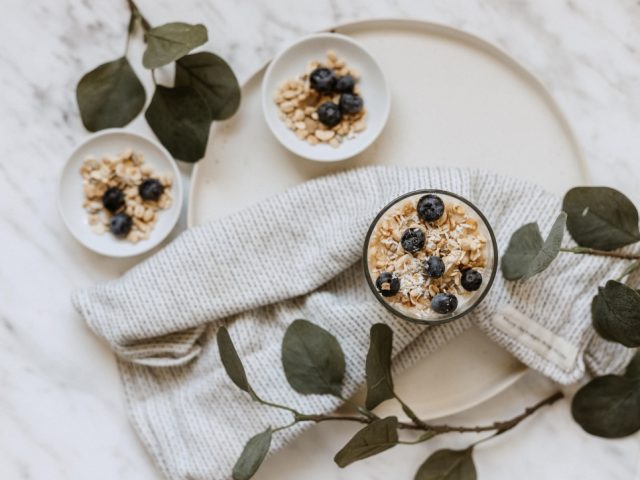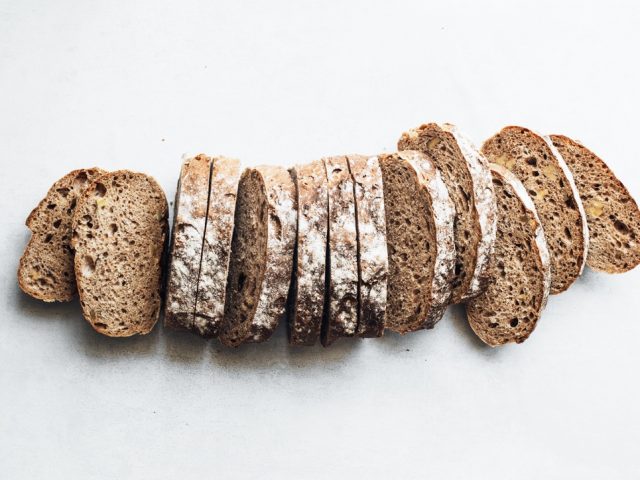Hay fever and seasonal allergies. Allergic rhinitis is commonly known as hay fever, it is one of the most common chronic respiratory conditions in Australia. If you are one of the 3 million Australians who suffer from hay fever, you will be all too familiar with its symptoms.
Why do Allergies develop?
Allergies develop when your immune system mistakenly identifies substance such as pollen, dust mites, pets, grass as harmful. The immune system treats the foreign “invader” by generating large amounts of a certain type of antibody known as IgE. These antibodies attach themselves to mast cells in the skin, airways, gastrointestinal tract and around blood vessels. When the pollen comes into contact with the antibodies, the mast cells respond by releasing histamine into the bloodstream to defend against the “invader.” Symptoms include: sneezing, runny nose, watery, itchy or red eyes, skin irritations such as itching and hives or eczema, or gastrointestinal distress.
Your risk of developing allergic rhinitis are increased if you have:
- A family history of eczema, asthma, hayfever.
- Frequent upper airway infections and sinusitis.
- Altered micro flora due to frequent antibiotic use, poor digestion or poor diet choices.
- Food sensitivities including eggs, nuts, fish, shellfish, dairy or wheat.
Before you reach for anti-histamine medications this spring, there are a number of foods, nutrients and herbs that are extremely beneficial for reducing hay fever symptoms.
Lifestyle & self-care tips:
- Breathing exercises may help eliminate allergens and strengthen airways.
- Use a steamer to help relieve symptoms. Try with eucalyptus, peppermint, thyme oils.
- Exercise regularly, to help support lymphatic circulation. If exercising outdoors preferably do this in the early mornings.
- Improve your indoor air quality and reduce indoor dust. Regularly vacuum your home, including furniture and mop hard floors.
- Wear gloves and a mask when gardening. Avoid touching your eyes, shower and wash your clothes after gardening.
Nutrition tips:
- Increase your intake of Omega 3 fats – these act as potent anti-inflammatories and can be found in fish, nuts and seeds such as flaxseeds, chia and walnuts.
- Probiotics – Eat fermented vegetables or take a probiotic containing the lactobacillus rhamnosus strain (LGG) – these work to reduce the severity of your hay fever symptoms.
- Avoid mucous forming foods – dairy, eggs, alcohol, refined grains and sugar These foods can trigger the production of excess mucous and contribute to hay fever symptoms.
- Increase Vitamin C – acts as a natural anti-histamine and can help reduce the severity of the symptoms. Foods containing high amounts of vitamin C include capsicum, kiwi fruit, citrus fruits, berries and leafy greens (spinach, kale, rocket).
- Pineapple – rich source of bromelain, an enzyme with strong anti-inflammatory effects, which helps decrease nasal congestion associated with allergic rhinitis.
- Stay hydrated – key for healthy mucous membranes, make sure you are drinking plenty of filtered water to meet daily requirements (usually 2-3 litres).
- Quercetin – is a bioflavonoid that is found in many fruits and vegetables such as leafy green vegetables, broccoli, red onions, peppers, apples, grapes, black tea and green tea. It inhibits enzymes that cause inflammation and prevents mast cells releasing histamine. Quercetin supplements can change the metabolism of certain pharmaceutical drugs. If you are taking prescription medication please consult with a qualified health care professional to see if it’s right for you.
- Vitamin D – (the sunshine vitamin) deficiency has been linked to the development of allergies and autoimmune diseases. Ensure you are getting regular, safe sun exposure to support your immune system. It is recommended to get your levels tested before supplementing in large amounts.
- Consume local honey – there is some strong evidence to show that consuming local honey can help to limit the effects of hay fever as it exposes you to the same pollen, helping your body to naturally form a tolerance
- Herbal medicine – can provide great results and relief from hayfever. Anti-inflammatory, anti-allergic and immune supportive herbs include: Olive leaf, Stinging Nettle, Eyebright, Albizia, Eucalyptus, Horseradish and Garlic. – Try B inspired breathe easy organic herbal tea.
Remember to seek the advice of a health professional before taking any supplements.
For more information on “Hay fever and seasonal allergies” or to book a naturopathic consultation contact B inspired healthy lifestyle.
References:
Medical news today. How do allergies develop?. Retrieved from URL:https://www.medicalnewstoday.com/articles/319708.php
Better health channel.Hay fever. Retrieved from URL: https://www.betterhealth.vic.gov.au/health/conditionsandtreatments/hay-fever
Australian society of clinical immunology and allergy. Pollen allergy. Retrieved from URL: https://www.allergy.org.au/patients/allergic-rhinitis-hay-fever-and-sinusitis/pollen-allergy
Healthy life. Natural remedies for hay fever. Retrieved from URL: https://www.simplysupplements.co.uk/healthylife/immunity/natural-remedies-for-hay-fever
Copyright. 2019. B inspired healthy lifestyle. Any illegal reproduction of this content will result in legal action.
0



